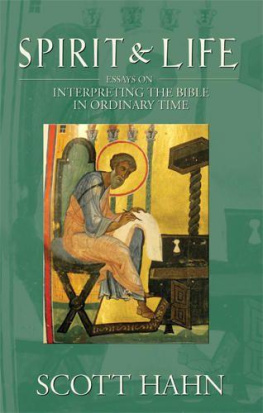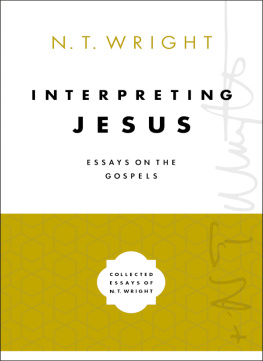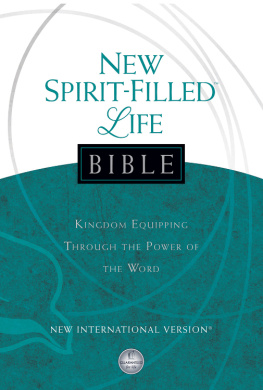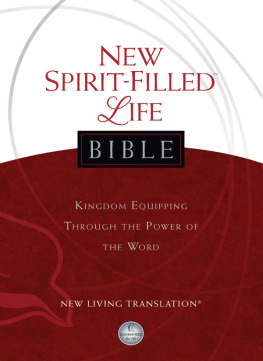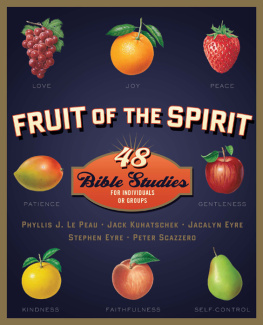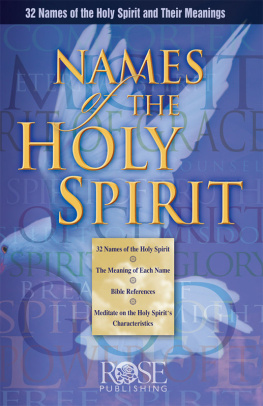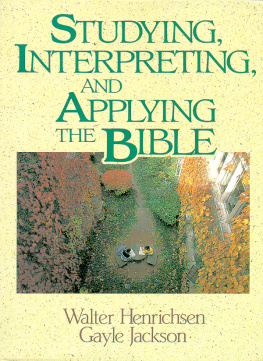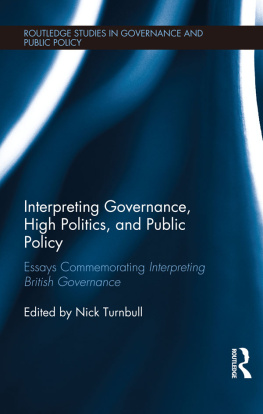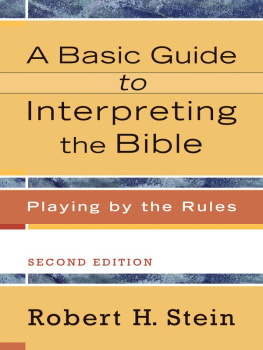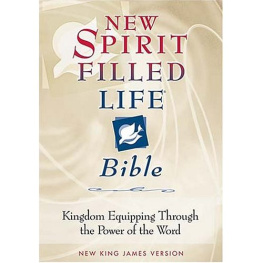Emmaus Road Publishing
827 North Fourth Street
Steubenville, Ohio 43952
2009 Scott Hahn
All rights reserved. Published 2008
Printed in the United States of America
13 12 11 10 09 1 2 3 4 5 6
Library of Congress Control Number: 2009920748
ISBN: 9781931018531
Scripture quotations are taken from the Catholic Edition of the
Revised Standard Version of the Bible, copyright 1965, 1966 by the
Division of Christian Education of the National Council of the Churches of
Christ in the United States of America. Used by permission.
All rights reserved.
Excerpts from the English translation of the
Catechism of the Catholic Church for the United States of America
copyright 1994, United States Catholic Conference, Inc.
Libreria Editrice Vaticana.
English translation of the Catechism of the Catholic Church:
Modifications from the Editio Typica copyright 1997,
United States Catholic Conference, Inc.
Libreria Editrice Vaticana. Noted as Catechism in the text.
Cover design and layout by
Theresa Westling
Cover artwork:
Werner Forman / Art Resource, NY
An illumination from a Byzantine manuscript depicting St Matthew.
Contents
Preface
Several years ago, with friends and colleagues, I founded the St. Paul Center for Biblical Theology. The Center's mission is twofold: to promote biblical literacy for Catholic laity and biblical fluency for clergy and teachers. Our programs, correspondingly, fall into two categories: our Letter & Spirit programs and our Breaking the Bread programs. The first group including our scholarly journal and academic conferences, as well as our monograph series serves scholars, clergy, and catechists. The second group including our radio outreach and abundant Bible-study resources (online and on paper) serves ordinary folks in the parish.
Our work falls into two categories. But there is also a certain unity to the mission. We want to meet people where they are, but we want to stretch them, too. We want ordinary lay Catholics to develop a deep hunger for biblical wisdom for theology. We want Catholic clergy and teachers to burn with a desire to communicate God's Word simply and clearly, for universal understanding.
We want biblical interpretation to be not just the province of academic specialists though we need them, too but also the ordinary stuff of the ordinary life of the ordinary Catholics in ordinary time.
This book is representative of our mission. It's a collection of my essays and addresses on biblical themes. Some of the chapters were composed for lay audiences. Some were composed for teachers and scholars. In all cases, I tried to let myself be stretched by the task and stretched by God's grace. In all cases, I asked God to give me words that would do the same for my readers and listeners. I hope they stretch you, too, whether you're a scholar or you're just undertaking your first serious Bible study.
Scripture was canonized for all of us, all the Church. And it's my dream to see a new generation learn how to read the Bible from the heart of the Church.
Now, that phrase can have many meanings, all of them true. It suggests the dispositions we should have when we approach the Scriptures. We are trusting children of God and of the Church, our mother. We read the sacred page within a community that's larger than our local Bible-study group or our university's department of theology. Our study group is the communion of saints, the voices of Tradition, the great cloud of witnesses from all of history. Our guide is the Holy Spirit, working through the Church's Magisterium.
My colleagues and I mean all this when we urge people to read the Bible from the heart of the Church.
But, most importantly, we mean that Catholics should read the Bible in its natural and supernatural habitat. We should read the Bible in light of the liturgy.
The Bible and the liturgy were made for one another . That statement would have seemed self-evident to the apostles and the Church Fathers. There were no printing presses in their day, and very few people could afford to have books copied out by hand. So people did not so much read the Scriptures as absorb them, mostly in the Mass. The Mass itself is a stunning compendium of scriptural texts, and it has always included extended readings from both testaments.
In the early Church, the Bible was considered a liturgical book. Indeed, the canon, the official list of books in the Bible, was originally drawn up to limit the texts that could be used as readings in the Mass.
But the connection goes back even further than that. For the scriptural texts themselves presume the context of the Mass. The apostles and evangelists seem to be writing with liturgical proclamation in mind.
If we read the Bible as they wrote it, we'll read it from the heart of the Church. And that heart is Eucharistic. It is the heart of Jesus.
The Pontifical Biblical Commission put it well in its 1993 document The Interpretation of the Bible in the Church : It is above all through the liturgy that Christians come into contact with Scripture.... In principle, the liturgy, and especially the sacramental liturgy, the high point of which is the eucharistic celebration, brings about the most perfect actualization of the biblical texts.... Christ is then present in his word, because it is he himself who speaks when Sacred Scripture is read in the Church ( Sacrosanctum Concilium , no. 7). Written text thus becomes living word.
That last line packs a lot of punch. Written text thus becomes living word. It can stand as the motto for this book. Though it refers to the liturgy, it could also serve as a motto for college courses in Scripture and theology. It should set a high standard for any home or parish Bible discussion.
When it comes to Scripture study, the Church has set a challenging agenda for all of us. And no one is exempt. It's not just for priests. Not just for scholars. The Word was incarnate and inspired for you and for me.
Put in those terms, it should be clear to us: biblical literacy is an expression of love; so is biblical fluency. It's reading the Bible from the heart.
Abbreviations
Old Testament
Gen./Genesis
Ex./Exodus
Lev./Leviticus
Num./Numbers
Deut./Deuteronomy
Josh./Joshua
Judg./Judges
Ruth/Ruth
1 Sam./1 Samuel
2 Sam./2 Samuel
1 Kings/1 Kings
2 Kings/2 Kings
1 Chron./1 Chronicles
2 Chron./2 Chronicles
Ezra/Ezra
Neh./Nehemiah

